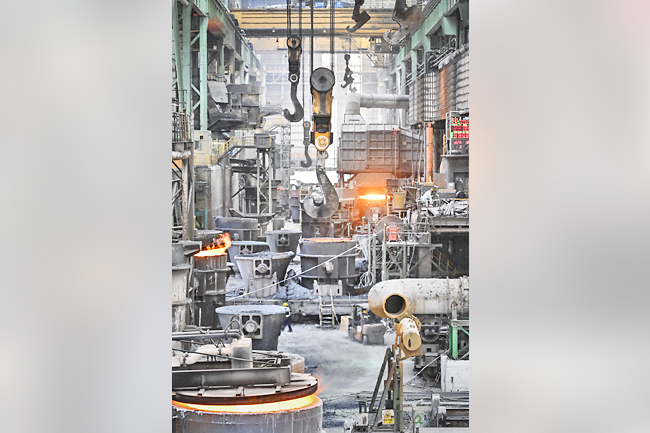ANN/THE STAR – Despite facing headwinds such as inflationary pressures, volatile demand and global uncertainties, the Malaysian manufacturing sector has managed to sustain stability.
This is revealed in the Federation of Malaysian Manufacturers (FMM) Business Conditions Survey which noted that the manufacturing sector had delivered a commendable performance in the first half of 2024.
Moving forward for the rest of the year, FMM said optimism is growing and will potentially be driven by any global economic recovery and supportive government initiatives.
“Key indicators, including business activity and production volumes, point to strong growth as respondents gear up to meet rising demand locally and globally. However, rising production costs and a cautious approach to workforce expansion highlight the challenges that remain as the sector continues to manage a complex global and domestic terrain,” it said.
The survey, which drew 616 respondents nationwide, was conducted from July 3 to August 9, 2024 and tracked business confidence via the FMM Business Conditions Index (FMM BCI) covering the actual performance in the first half and the anticipated outlook for the second half.

The current general business activity index increased by 4.49 per cent in the first half of 2024, reflecting continued stability and improving sentiment within the manufacturing sector, it said.
This is the index’s second consecutive increase since the first half of 2023.
Some 26 per cent of the survey’s respondents enjoyed higher sales in the first half of 2024 and sales have remained steady for another 42 per cent of respondents.
“This moderate growth can be attributed to steady demand from abroad, despite global economic uncertainties,” it said.
The cost of production index picked up a point to stand at 155 in the first half of 2024.
The survey revealed 62 per cent of respondents put up with higher production costs in the first half of 2024.
It said the rising raw material and energy costs, coupled with higher wages, may have contributed to this modest rise.
“Despite these challenges, survey respondents are likely controlling costs through efficiency improvements and strategic investments in technology, helping to limit the overall increase in production expenses,” FMM said.



















































